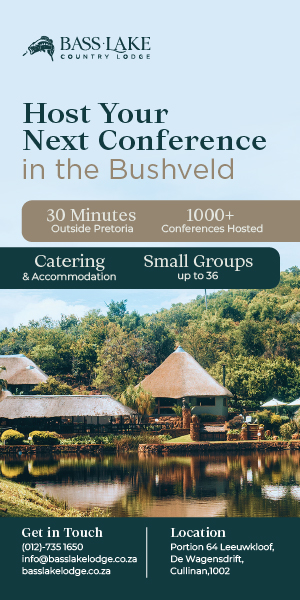Every event needs a budget, even if it is very basic. There is no way that you can keep to the spend amount envisioned by either you or your clients, if you don’t keep track of it. It’s a constant process through the event, from start to finish, and should be maintained during the project, not done in a rush at the end. Capture each invoice as it comes in.
Usually I do two budgets: an estimated or projected budget, and an actual or real budget. In other words: “We thought we would spend X, but instead we spent Y, so how much extra did it cost us, or where did we save money?”
Coming in under budget is a great delight for not only you, but your client as well.
I also try and do “worst case scenario” when I am budgeting – this gives me an expectation of what it is going to be. I accept and adapt to it, and then when things come in more cheaply, it’s a pleasant surprise.
Ours are done in Excel spreadsheets and divided into two sections as per the example below:
| Item | No. of Units | Price per Unit | Total |
| Furniture Hire | |||
| Plastic Chairs | 50 | R 20.00 | R 1000.00 |
| Trestle Tables | 10 | R 100.00 | R 1000.00 |
| Total | R 2000.00 | ||
| Food & Drinks | |||
| Buffet Meal | 50 | R 150.00 | R 7500.00 |
| Cool drinks | 50 | R 20.00 | R 1000.00 |
| Total | R 8500.00 | ||
| Grand Total | R 10500.00 | ||
Keep and file all quotes and invoices, as well as payment proofs. Use file dividers for each section, and keep each project in its own dedicated, named file.
We also keep quite an extensive list of venues and what they offer, on hand, covering everything from their room hire rates, cost of food per head, cost of tea and coffee per head, audiovisual costs, extra costs, hiring costs etc. This way we can quickly reference it when a client request comes in, and can see if they venue would come in at the required cost or not. If it is way out of budget, we don’t even waste time phoning them, and rather focus on the venues that are within budget.
Doing it this way makes it a breeze to do a proposed budget for a client. It certainly is more efficient than having to phone around all day – you should only be phoning when you want to enquire about availability, or if it’s a new year and the prices have gone up, and you would like to update your venue cost spreadsheet.
As with all processes, simplification is key – make it easier for yourself in the long run – with all the data at hand, quoting and doing budgets should not take long, and would help to free up your time to do other more important, income generating things.
For a basic event budget template, please visit the templates section of our site.




